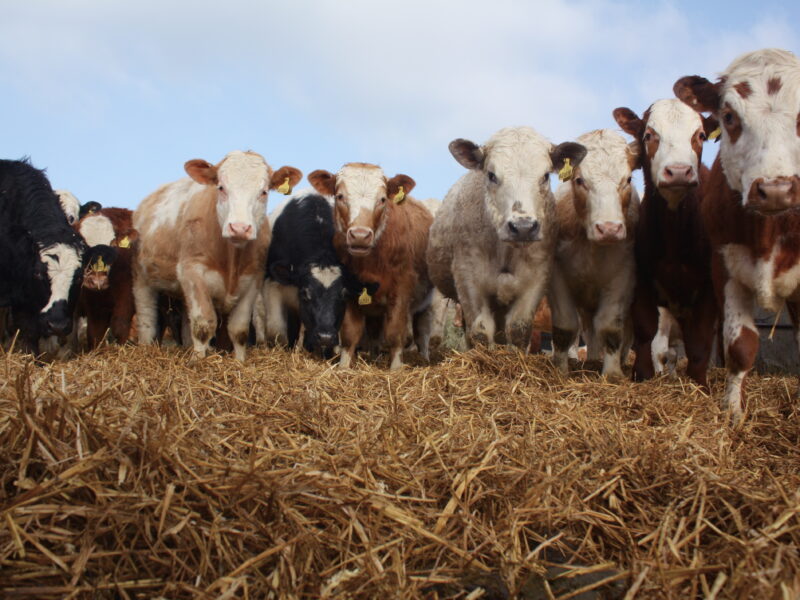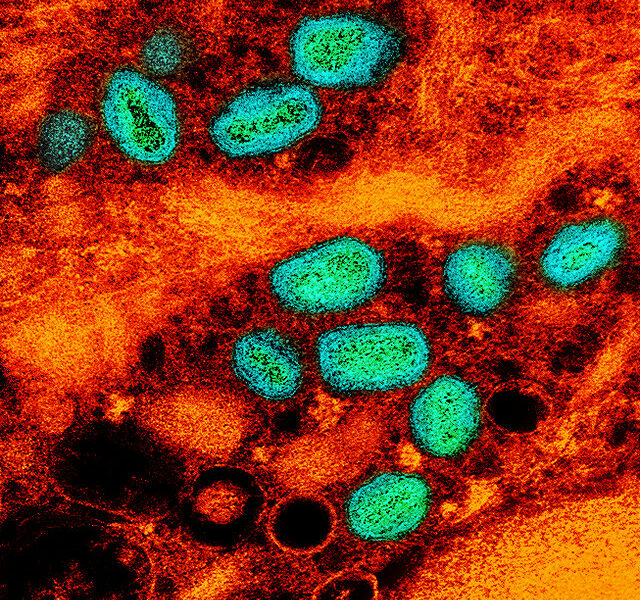In late August, the United Nation Food and Agriculture Organization (FAO) warned of a possible resurgence of H5N1 Highly Pathogenic Avian Influenza due to a mutant form of the virus that was identified to have been circulating in Vietnam. The emergence of the new strain was particularly worrisome as the current vaccine is ineffective against it. In response, Healthmap posted a succinct Q&A addressing possible concerns readers may have about the disease.
Early this week, India announced that an avian influenza outbreak had occurred in the Nadia district of West Bengal. The outbreak triggered large-scale measures: surveillance has expanded to a 10 kilometer radius of the infected area and all poultry and eggs found within a 3 kilometer radius will be culled. It is currently unclear whether the India outbreak is related to the new Asian strain.
To prevent the outbreak from spreading, the federal government is pressuring local authorities to ban the movement of poultry and its products. Furthermore, the federal government has arranged with the State governments to share the cost of compensation 50:50. This is not the first time that West Bengal has experienced an avian flu outbreak. In January 2008, what was considered India’s worst-ever bird flu outbreak resulted in the culling of 4 million birds.

